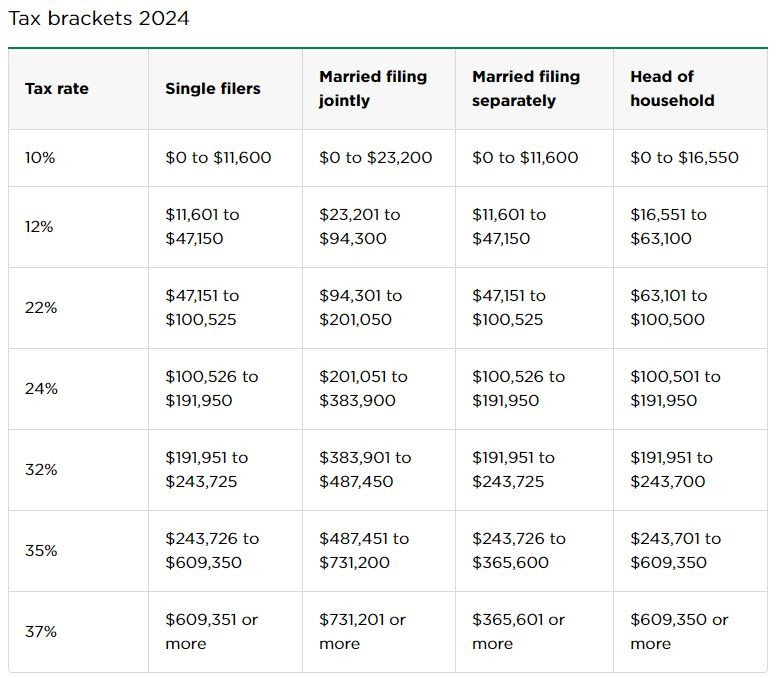Tax Saving Strategies for Sabbaticals, Career Transitions or Early Retirement
Posted on: April 10, 2024
I have a client who is planning to take a year off to take care of her mother, another one who has quit his job to launch a new business, and yet another one who has retired early and needs to wait a few years to receive her pension and social security.
What they all have in common is that they will have at least one year during which they will have very low or even no income. I have been thinking about how they can take advantage of their situations to increase their lifetime wealth-being, or more specifically to reduce their lifetime tax liabilities. Here are two strategiesI came up with: 1) Roth Converstion and 2) Tax Gain Harvesting.
Folks who save money for retirement usually stash their money in three types of accounts: taxable accounts like banks and brokerages; tax-deferred accounts like IRAs, SEPs and 401ks, or tax-exempt accounts like Roth IRAs and HSAs.
With tax-deferred accounts, once you are over 71 years old, there will be a RMD (required minimum distribution) that will increase as you age. If you invest well, eventually this RMD will push you into the higher tax brackets like 35% or even 37%. Here is a table of tax brackets for 2024.

Note that the incomes shown in the table are AGI (adjusted gross income) after all deductions are applied. For married couples filing jointly, the standard deduction is $29,200 that is tax-free. The Roth conversion strategy is to convert enough from an IRA to a Roth IRA to fill up the 12% income bracket. For that you can convert up to $29,200+$94,300 = $123,500. (For folks who have accumulated a lot of wealth, it may even make sense to fill up the 22% income bracket, that is up to $230,250.)
If you fill up the 12% tax bracket, the average tax rate you pay is only 8.8%. Once the money is in a Roth account however, it will grow tax free and can be withdrawn tax free. You avoided being pushed into the 35% or 37% tax brackets. Depending on the size of your IRA/401k and your longevity, your tax savings could come close to $1mm in your lifetime!
Of course, there are also reasons not to do the Roth conversion. Here are some:
- You plan to die young. Your 401k or IRA won’t have time to grow enough to push you into higher tax brackets.
- You plan to mess up your investment. If you lost all your money in your 401k or IRA accounts, you don’t have to worry about higher tax brackets as well.
- You plan to donate your IRA or 401k to charities. There you also don’t have to worry about tax brackets.
I will discuss the tax gain harvesting strategy in my next newsletter. If you will temporarily have low or no income, feel free to schedule a 2nd Opinion Review with me.
Get informed about wealth building, sign up for The Investment Scientist newsletter

Leave a comment